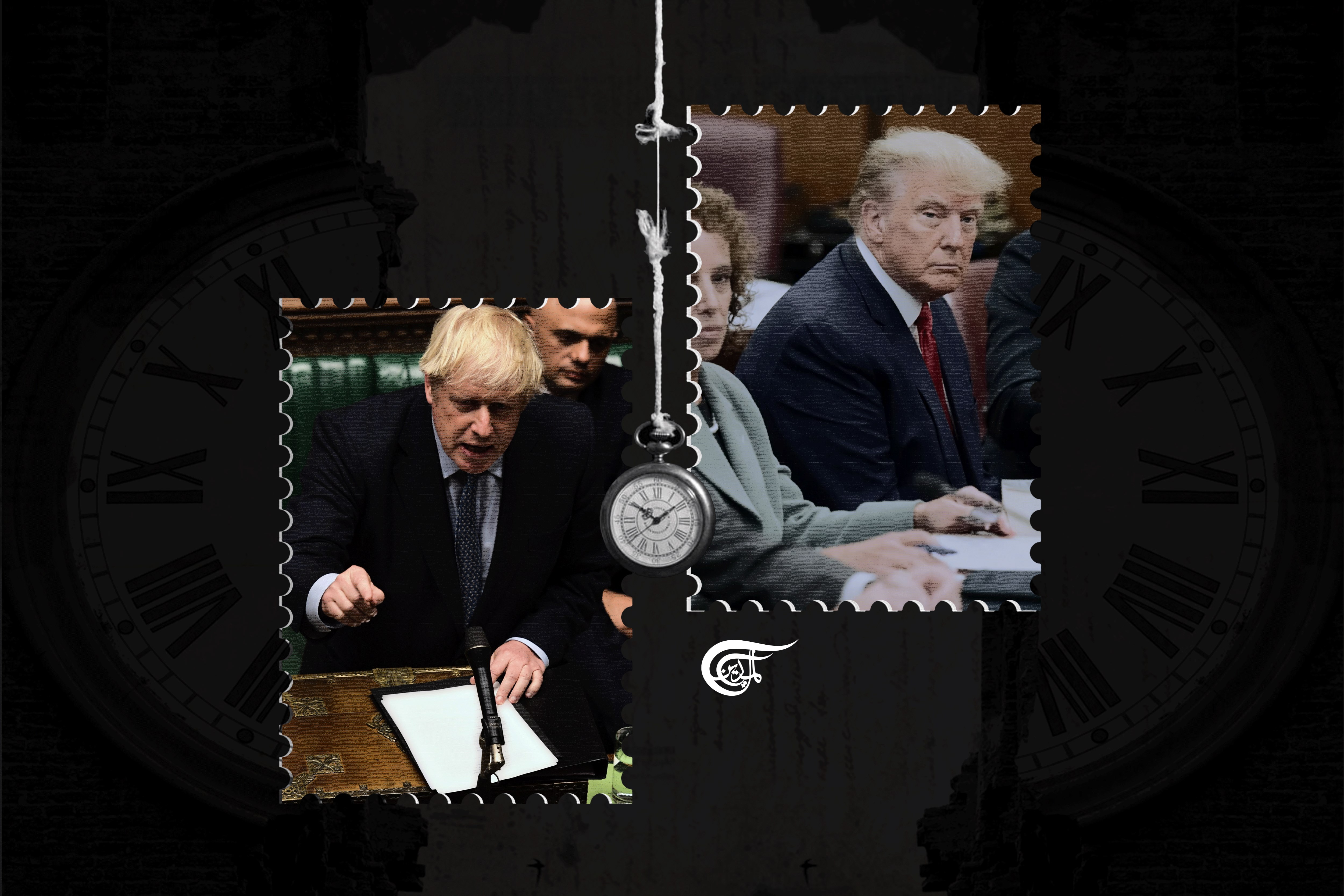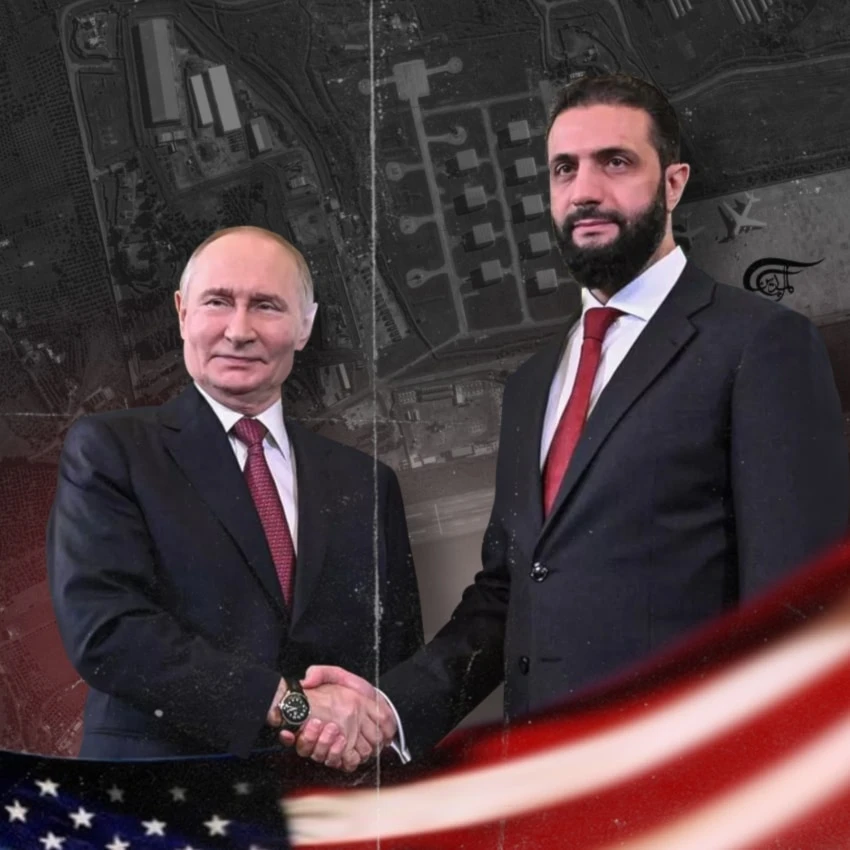News from Nowhere: A Movable Feast
The relationships then between our geopolitics and our perceptions of time and our seasons may prove to be rather more complicated than they might at first appear.
There was once a chain of roadside diners called the “Happy Eater” restaurants. The term “restaurant” is used rather incautiously in this context: they were rather more McDonald’s than Maxim’s.
During the 1970s, their gleefully greasy fare clogged the nation’s arteries, both literally and metaphorically. Their outlets cropped up across Britain’s motorway network with the stultifying frequency of salmonella in a poorly cooked omelet.
As a child, I had misread the restaurant’s name. I’d thought this establishment was called a “Happy Easter”. I believe our family must have driven past one on the way to visit my grandparents one Easter weekend. The name had stuck in my head for years. I’d wondered why the signs had been wishing travelers a happy Easter even in the depths of December.
Easter has different meanings to different people. To some, it might recall an extinct chain of cheap and cheerful eateries. For others, it represents the mystery and the glory of the resurrection of Jesus Christ. For many, it is a season of chocolate eggs and fluffy rabbits.
It is certainly a season of symbolic contradictions. Easter eggs are reputed to be delivered not by chocolate chickens but by the Easter bunny. Christians commemorate the crucifixion of their Messiah with sweet spiced buns emblazoned with the image of the instrument of his torment, the cross.
Just as Christmas grew out of a heathen midwinter festival, Easter originated as a pre-Christian celebration of the spring, the return of warmth and light, and the renewal of natural life.
True to its pagan origins, Easter occurs on the Sunday after the first full moon since the Spring equinox. It is, as such, a movable feast. Its timing is as slippery as its meanings.
This is central to its value and its significance. It is about change, renewal, and growth.
Last month, I saw a story in the British news about a supposed controversy in Lebanon. I don’t know if it’s true. The report concerned differences of opinion as to when the clocks should go forward, differences which, it was claimed, had led to people of different political and religious beliefs ending up living temporarily in separate time zones.
In Britain, we also put the clocks forward in the spring, although no one any longer seems to know why we do so.
People say it’s got something to do with agriculture. It means that farmers in April can stay home to listen to their daily fifteen-minute dose of Radio 4’s Farming Today at 5.45 on weekday mornings without missing that crucial first quarter-hour of dawn daylight out in their fields.
It is evidently much easier to change every watch and clock in the country than to persuade the BBC to alter its schedules.
Setting our clocks forward in the spring ostensibly allows for what we call “daylight savings” when we return to the chronometric standard of Greenwich Mean Time each autumn. However, despite the optimistic terminology, it’s obviously not the case that we get to store surplus daylight in the summer so that we can use it when winter comes around again.
Notwithstanding the darker arts and arcana of horology, it would appear that, as much as we might change our clocks forward and back, there’s still the same amount of sunlight available on a January day.
The way we measure time is a cultural construct through which we seek to constrain one aspect and dimension of the physical phenomena of the universe. All time is relative, and our timekeeping schemes and devices are even more so.
Our concept of midday may therefore be as movable as our most sacred religious festivals. It may also be almost as significant.
Aspiring to be more modern and Western, the people of Estonia once chose to align their clocks with their wealthy Finnish neighbors in a symbolic bid to break with the conventions of their Soviet past. And today, in Europe, the dates on which we celebrate Christmas continue to depend upon whether we follow Eastern or Western Christian traditions.
Meanwhile, the increasing dominance of East Asia’s economic powerhouse has seen growing numbers of people choose to recognize the Chinese new year.
The relationships then between our geopolitics and our perceptions of time and our seasons may prove to be rather more complicated than they might at first appear.
At this time of year, as we shift our hours forward or mark our shifting festivals, the recognition of the complex relationships and relative values of our varying cultural conventions and conflicting convictions – and their perils and pitfalls – might seem something we could usefully recall.
Yet there are those who may suppose that our relativism can go too far. Last month, a former British Prime Minister was forced to testify in front of a parliamentary committee investigating allegations that he lied to the House of Commons. Last week, a former American President was placed under arrest. Both events were unprecedented in their nations’ histories.
The idea of either man swearing an oath to tell the truth might be considered laughable. Both events served as timely reminders as to how far from the truth our politics appears to have come.
The spectacle of the persecution of their supposed savior during Holy Week may have struck a chord with some of Donald Trump’s far-right fundamentalist supporters.
But at this time of year, it should also have reminded us that, in the treacherously shifting sands of modern public life, a healthy skepticism can be essential to tear apart the false absolutes that are constantly thrown our way.
At his own hearing, prior to his crucifixion, Jesus was said to have declared that he had come to testify to the truth. Around two thousand years later, Donald Trump’s lawyer Rudy Giuliani famously announced that “truth isn’t truth."
We’ve come a long way in the last couple of millennia. But sometimes we don’t seem to have made any progress at all.
“What is truth?” Today, the Roman governor’s question to Jesus seems as pertinent as ever, as we navigate an ambiguous path between the dangers of rigid, zealous, and unquestioning beliefs in politicians’ dubious claims to absolute truths, and an increasingly urgent need to live in a world underpinned by reliably real facts.
The slippery natures of things as basic as this season’s dates and times underline both the critical difficulties and the crucial impacts of such theological, philosophical, and political negotiations.
For, in keeping with this season of transitions and transformations, such dialogues offer the greatest potential rewards and the greatest risks.

 Alex Roberts
Alex Roberts
 7 Min Read
7 Min Read












